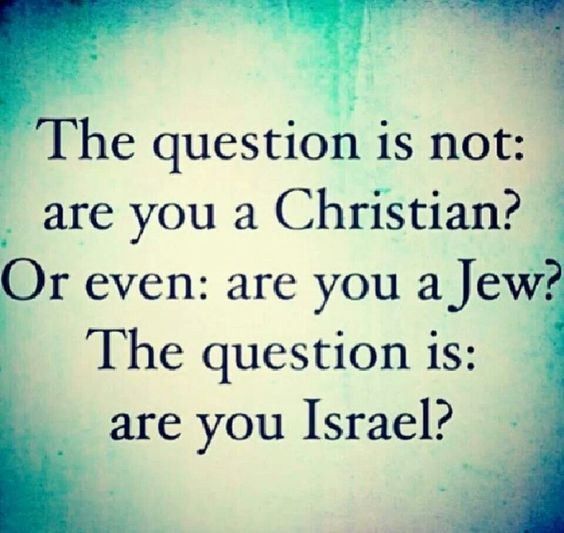When Life’s Not Treating You Well, It Might Be Time to Ask: What is Sin?
What is sin??
If you feel you’re not being blessed, but cursed, in life, it may be time to ask, What is sin?
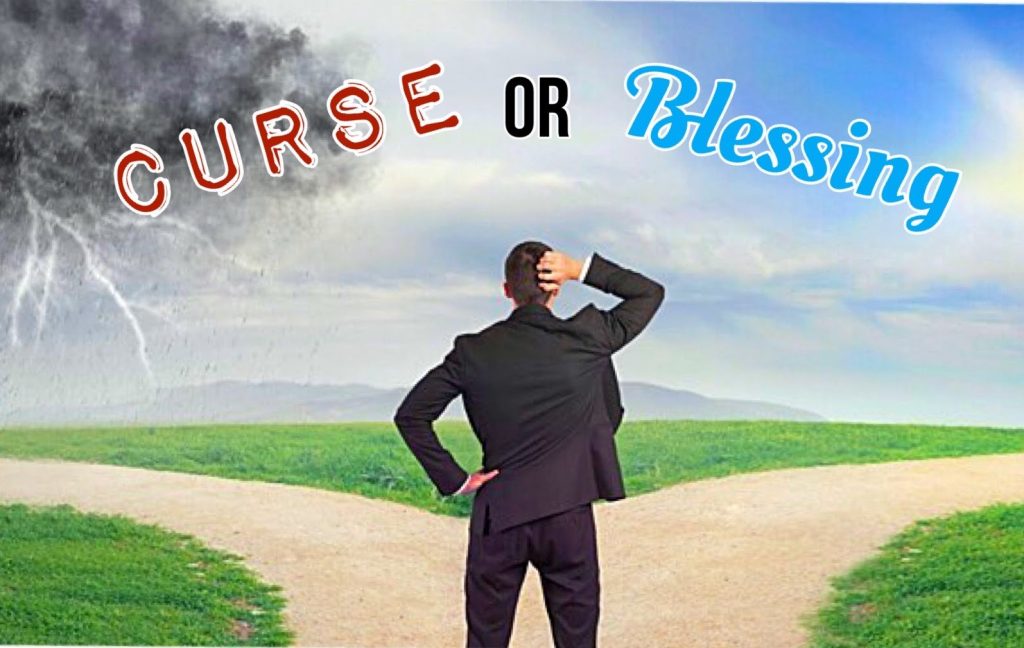
And if you feel like you have a target on your back, there may be a target on your back…

Perhaps you’re starting to ask: What is sin, REALLY?

It’s time to stop, and seek some wise counsel. There’s no greater counsel than reading the Scriptures. And, there’s no greater time to start searching for the answer to the question, What is SIN, than now. There may be a target on your back.
People say, “I’m a good person.”
Based on what? What’s their measuring stick?
Do they use an absolute measuring stick?
Or is it just for them, AND relative, based on their own made-up rules?

Don’t just take anyone’s word for it. NO!! We need the definition of what is sin.
There is an objective, verifiable, and repeatable way to know find out what is sin. Let’s find out by looking in the Scriptures.
I will look it up for us, but if you have a Strong’s Concordance with a dictionary, I encourage you to look up the word, sin, and find out for yourself: What is sin?
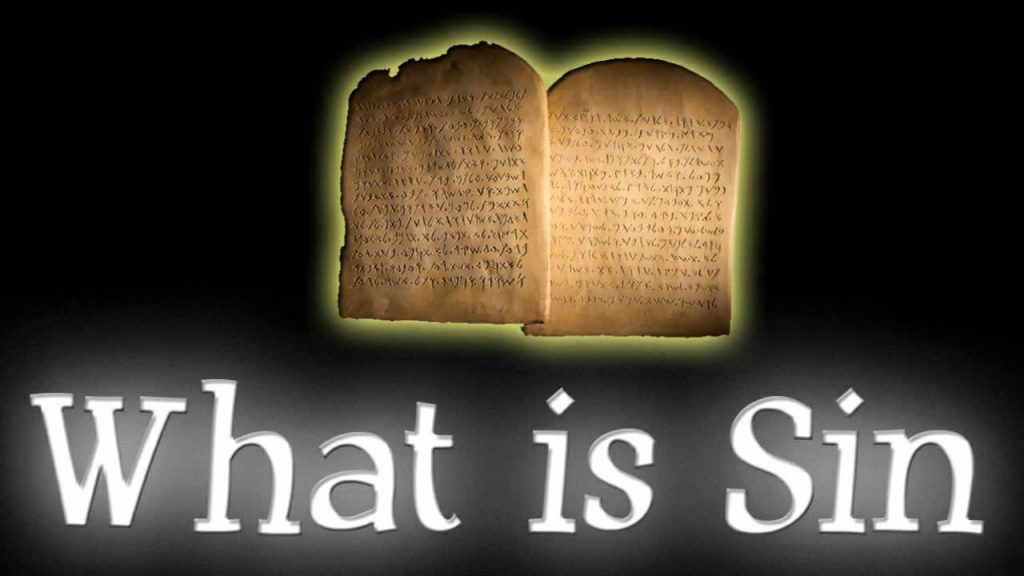
The great thing about studying a word in the scriptures is that each word’s meaning is objective, verifiable, and the results of your search are repeatable for anyone with a Hebrew dictionary!!
Sin in the Hebrew Scriptures is found at the Strong’s Numbers 2403 and 2398/2399.
2403:חטאת ,חטאה CxaTAH, CxaTATh
Definition: an offense; sometimes habitual sinfulness; and its penalty, occasion, sacrifice, or expiation; an offender; sin; sin-guilt; sin purification; the basic nuance of the word is sin conceived as missing the road or mark; an offense against a man; for the most part, this word represents a sin against ELoHiYM; men are to return from sin, which is a path, a lifestyle, or act deviating from that which ELoHiYM has marked out.
The noun first appears in Gen 4:7, where QaYiN (‘Cain’), where QaYiN i warned that “sin lies at the door.” CxaTAH represents rebellious sin. In a few passages, sin connotes the guilt or condition of sin, such as with Sodom and Gomorrah: “The cry of Sodom and Gomorrah is great,… and their sin is grievous” (Gen. 18:20).
But, there is the promise of restoration from sin built into the word, as it ALSO means PURIFICATION FROM SIN in two passages. In Numbers 8:7; and do this to them to cleanse them: Sprinkle water of sin offering/purifying water on them, and they shall shave all their body, and shall wash their garments, and cleanse themselves.
Numbers 19:9 says: And a clean man shall gather up the ashes of the heifer, and shall place them outside the camp in a clean place. and they shall be kept for the congregation of the children of YaShaRAeL for the water for uncleanness, it is for cleansing from sin/a purification for sin.
CxaTaTh means sin offering. The law of the sin offering is recorded in Lev. 4-5:13, 6:24-30. This was an offering for some specific sin that was committed unwittingly, without intending to do it, and perhaps without knowing it at the time.
Finally, several passages use this word for the idea of punishment of sin.
2398, 2399 CxaTAh, CxeT* חטא
Definition: to miss; to sin; TO FORFEIT; TO LACK; to expiate; to repent (which mean to turn back); to lead astray; to condemn; sin; sin-guilt; sin purification; sin offering; to be guilty; to purify; SIN CONCEIVED, AS MISSING THE ROAD OR MARK [missing a mark on the correct path, and leading oneself astray on the wrong path]; the term is used to speak of 700 Benjaminites that with their left hand would not miss their mark with their slingshot stones. The term is also used in Prov. 19:2: “He who makes haste with his feet sins.”
The word’s chief usage is to indicate MORAL FAILURE TOWARD ELOHIYM AND MEN, and certain results of such moral failure/wrongs.
Sin against ELoHiYM is defined in Joshua 7:11: “YaShaRAeL has sinned, and they have also transgressed My Covenant, which I commanded them. And they have even taken some of that which is under the ban, and have both stolen and deceived, and also put it among their own goods.”
The verb may also refer to the result of wrong doing: “Then let me bear the blame/ WaCxaTAThiY (וחטאתי) forever” (Gen. 43:9).
Deut. 24:1-4, after forbidding adulterous marriage practices, brings up one very dire consequence to sin: “And do not bring sin on the land which YHWH your ELoHiYM is giving you as an inheritance.”
Similarly, those who PERVERT JUSTICE are described as “those who by a word make a man out to be guilty/to be indicted/ MaCxaTiYIY מחטיאי” (Isa. 29:21).
A response to sin is described in Lev. 9:15: “And he brought the people’s offering, and took the goat, which was the sin offering for the people, and slaughtered it and made it a sin offering, like the first one.”
The effect of the offerings for sin is described in Ps. 51:7: “Cleanse me with hyssop, and I am clean; Wash me, and I am whiter than snow.”
Another effect of sin is seen in the word of the prophet to evil Babylon: “You have sinned against your life” (Has. 2:10).
The word is used concerning acts committed against people, as in Gen. 42:22, as the oldest brother speaks to his other brothers about the crime he believes they committed of killing him: “…Did I not speak to you, saying, ‘Do not sin against the boy,’ and you would not listen? And see, his blood is now required of us.”
Men are to TURN FROM SIN – A PATH or A LIFESTYLE, or ACT,
DEVIATING from YaHuWaH ELoHiYM’s direction (1 Kings 9:35),
to DEPART FROM SIN (2 Kings 10:31),
to be CONCERNED about it (Ps. 38:18),
and CONFESS it (Num. 5:7).
It also connotes the GUILT or CONDITION of SIN.
It also means PURIFICATION from SIN, the sin offering for some SPECIFIC SIN committed unwillingly, without intending to do it, and perhaps without knowing it at the time.
It also means a crime, and also the crime’s penalty.
Again, it is sin in the sense of missing the mark, or the path. It may be sin against ELoHiYM or man. Second, it connotes the GUILT of such an act.
Sin, as a condition of living a self-chosen lifestyle is lawlessness against the instructions/the ‘ToWRoT’ of YaHuWaH, choosing to live outside of the provisions of YaHuWaH in His everlasting covenant, the ToWRaH.

Sin is the way of pain for yourself and those you either love or ought to love. If you hurt yourself or others, you are sinning, as well. There are instructions to love YaHuWaH above all else (that would be the One we need to enter into the everlasting covenant with) and to love others.
The ToWRaH is life and health to us. Keeping it is hitting the mark. It is not hard to keep it. There are blessings for keeping it. They are found in Deuteronomy 28. It turns out that many of our ancestors made this oath to YaHuWaH, the Creator. And, they committed us to keep it, as well (though most, if not all of us, did not know it). There are curses for not keeping it, as well.
If it’s YOUR WAY, it’s not the right way.
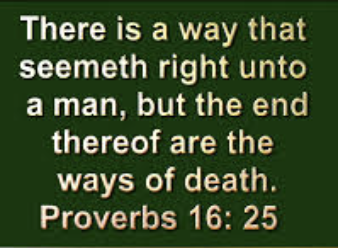
And, you sure want to have your prayers heard:
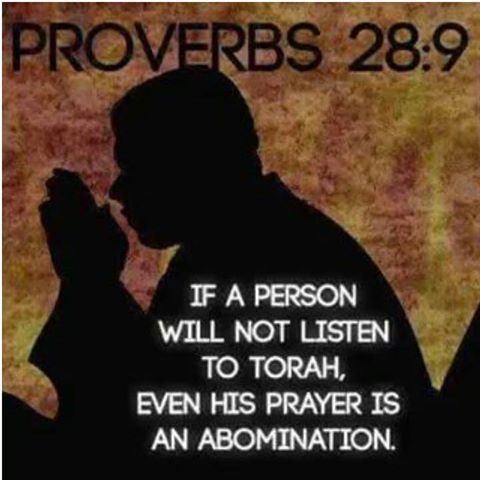
What is most commonly known as the New Testament (the Renewed Covenant) also speaks about obeying the ToWRaH. I pulled up some images (these are only a few)…

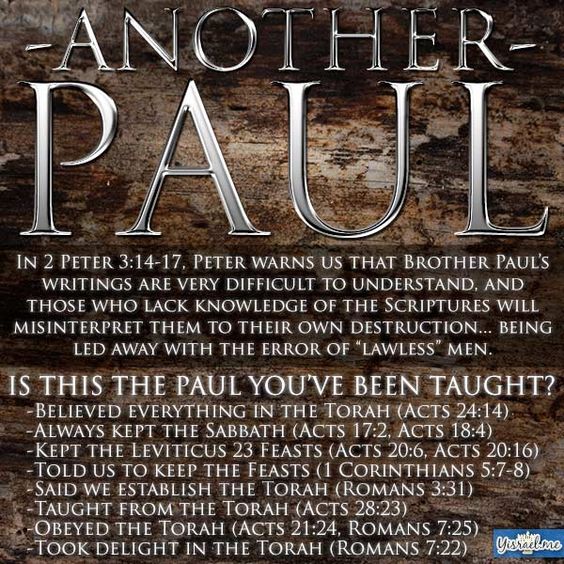
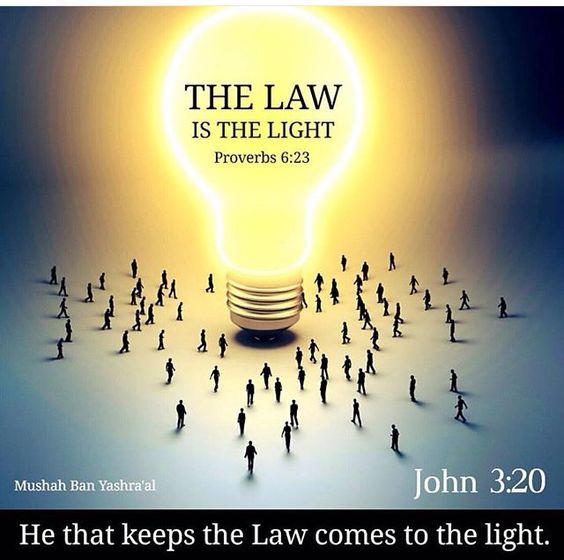
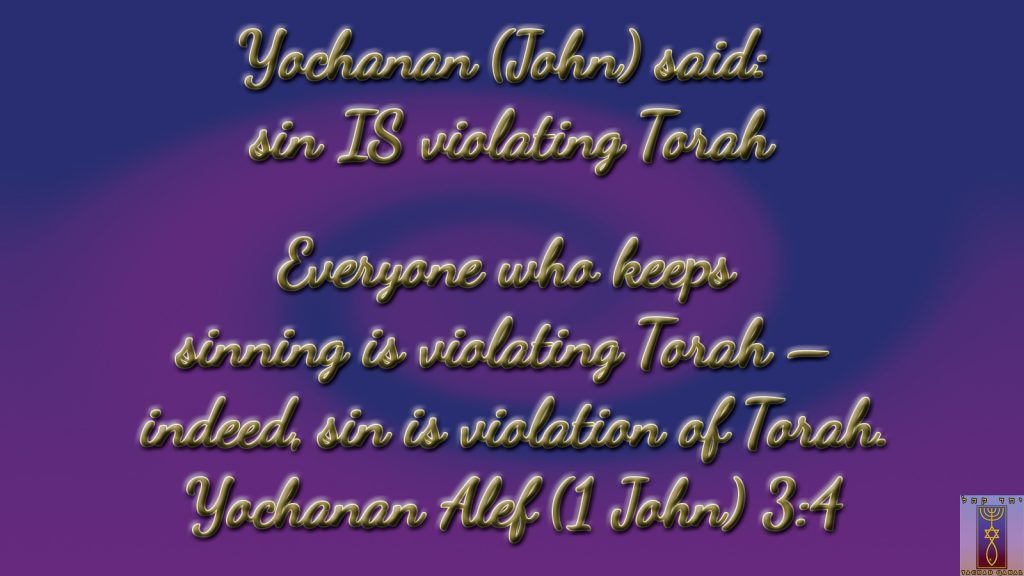

Rev. 12:17 says: 17And the dragon was enraged with the woman, and he went to fight with the remnant of her seed, those guarding the commands of Elohim and possessing the witness of יהושע Messiah.
Rev. 14:12 says: 12Here is the endurance of the set-apart ones,a here are those guarding the commands of Elohim and the belief of יהושע.
14“Blessed are those doing His commands, so that the authority shall be theirs unto the tree of life, and to enter through the gates into the city.
